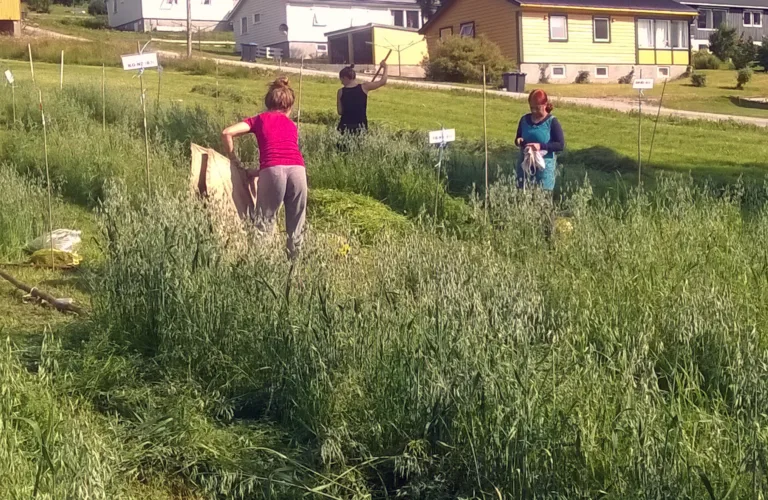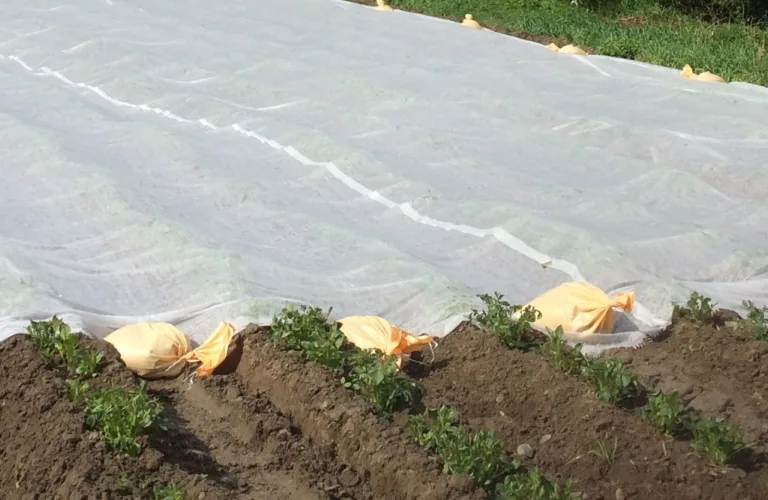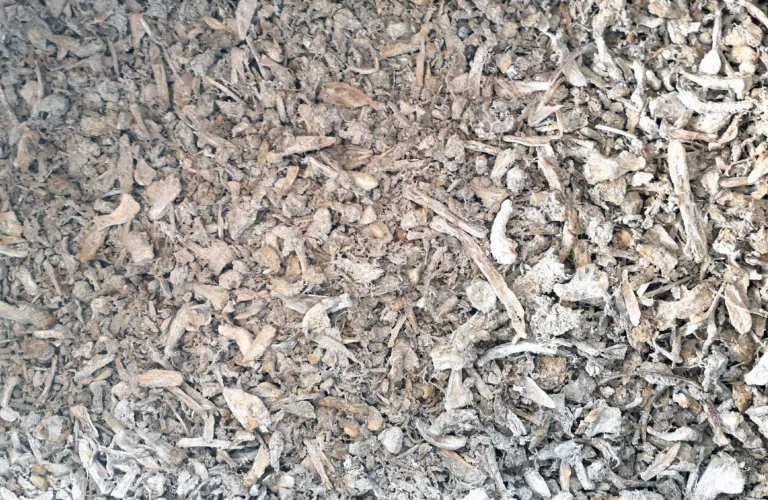Sustainable utilization of MARine resources to foster GREEN plant production in Europe - MARIGREEN
The MARIGREEN project aim to upgrade poorly utilized residual materials from marine industries to produce fertilizers and biostimulants for organic agriculture.
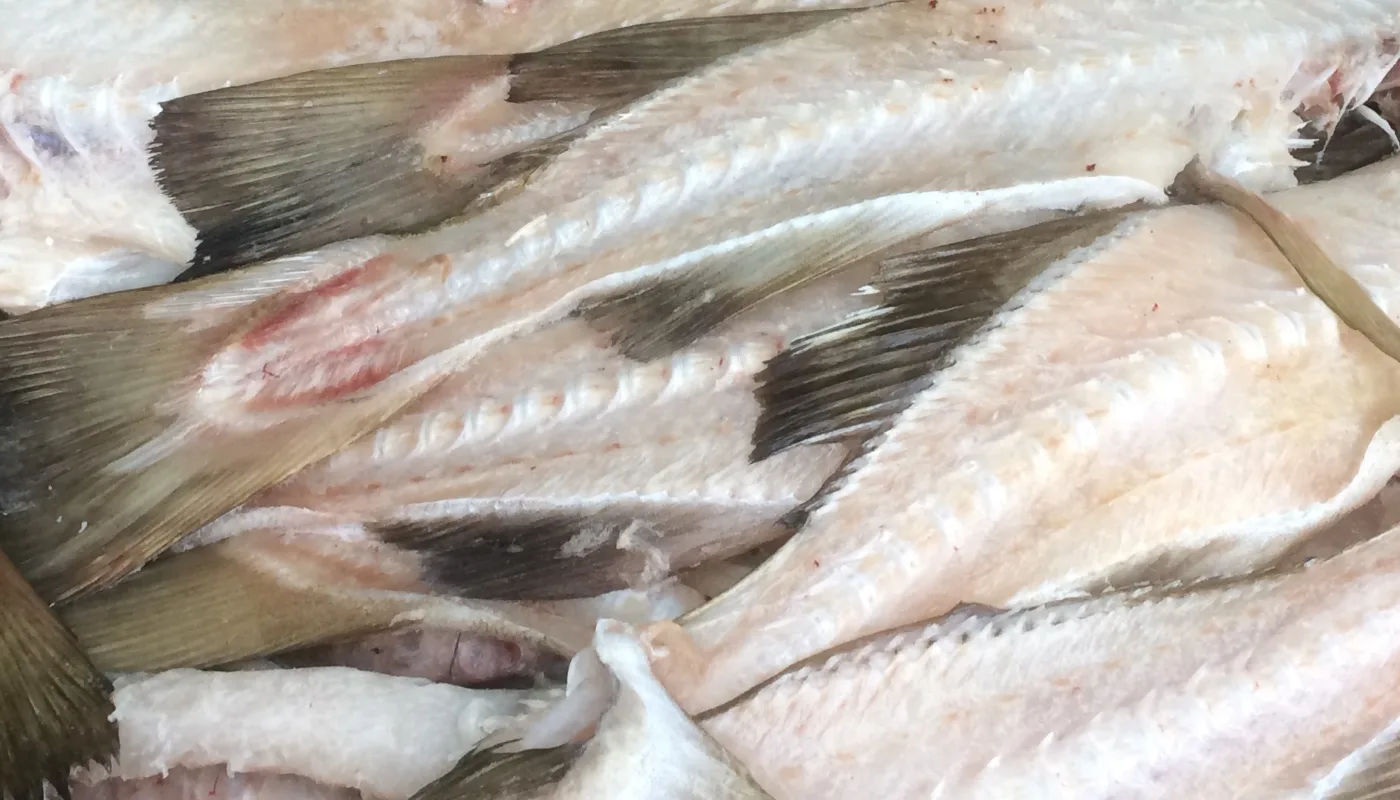
Fibre residues from production of seaweed extracts for fertilization are available in large quantities in Norway, and is poorly utilized. The same applies to fish heads and backbones from the salt cod industry, sludge from organic fish farming and left-overs from blue mussel production. These residual materials are rich in plant-nutrients.
Can such materials be turned into good compost, or can they simply be mixed into a fertilizer pellet?
After several years of testingmarine-derived residual raw materials as fertilizer, in particular fish bones and seaweed fibre. NORSØK is now taking the next step with an international cooperation on developing marine fertilizers in the ERA-net project MARIGREEN. The Research Council of Norway is collaborating with corresponding funding bodies in Greece, Romania and Denmark to finance the three-year project. Where marine-derived materials will be compiled and treated at Tingvoll and sent to Greece, Denmark and Romania for further testing and analysis.
A doctoral fellow has been hired at NORSØK in Tingvoll to work on upgrading the materials for use in organic agriculture. The residual raw materials will be thoroughly examined and analysed before and after composting and other treatment methods. The effect of the fertilizer products will be tested in greenhouses and in the field. Biostimulant effects will be investigated by looking at root development in lettuce. We will also conduct experiments to impregnate biochar with liquid extracts derived from the residues or after composting. Several Norwegian industrial companies are supplying residual raw material for the project.
Innovative organic fertilizers and biostimulants (compounds which strengthen plant resilience to environmental stress) are essential for achieving the ambitious goals of the EU’s Farm to Fork (F2F) strategy, in which 25% of the agricultural land in the EU shall be organically managed by 2030.
MARIGREEN aims to contribute to the development of a new value chain for blue-based fertilizers and biostimulants in coastal regions.
The project is a part of the ERA-net BlueBioCofund
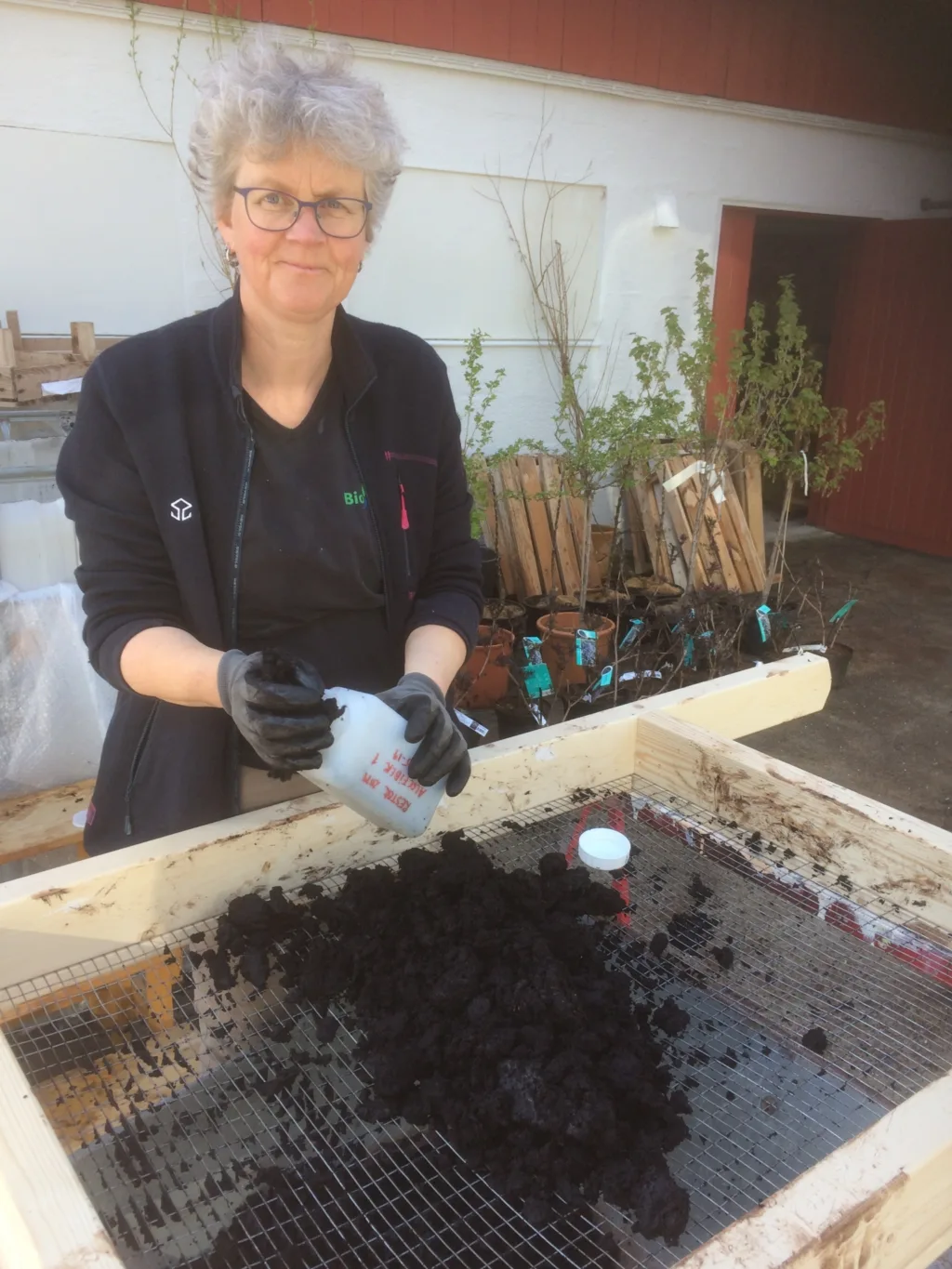
Nytt doktorgradsstipend til Tingvoll
NORSØK har ansatt en doktorgradsstipendiat som skal jobbe problemstillingene. Restråstoffene skal undersøkes grundig både før og etter kompostering og andre håndteringsmetoder. Gjødselproduktene skal prøves ut i veksthus og på friland. Biostimulant-effekter skal undersøkes ved å se på rotutvikling i salat. Det vil også bli gjennomført forsøk med impregnering av biokull med flytende ekstrakter hentet direkte fra restene eller etter kompostering. Flere norske industribedrifter leverer restråstoff til prosjektet.
Bygger videre på tidligere prosjekter
Etter flere år med vellykket utprøving av marine restråstoff som gjødsel, tar NORSØK nå det neste skrittet med et internasjonalt samarbeid om marin gjødsel. Dette er et felles europeisk prosjekt (ERA-nett) kalt MARIGREEN. Norges forskningsråd samarbeider med sine søsterorganisasjoner i Hellas, Romania og Danmark for å finansiere det treårige prosjektet. Der marine restråstoff skal samles inn på Tingvoll og sendes til Hellas, Danmark og Romania for videre utprøving og undersøkelser.
Ny eksportvare?
Om EU skal man nå de ambisiøse målene Farm-to-Fork-strategien. Der 25 % av jordbruksarealet i EU skal drives organisk innen 2030, vil det trengs innovative løsninger for å skaffe økologisk gjødsel, i tillegg til å utforske om biostimulanter kan bidra til mer robuste planter. Biostimulanter er kjemiske forbindelser som kan styrke planters motstandskraft mot ulike typer stress. MARIGREEN ønsker å bidra til utviklingen av en ny verdikjede for gjødsel og biostimulanter som kan brukes i økologisk dyrking, basert på marine restråstoff. Det var flere fabrikker på Mørekysten og i Trøndelag som produserte «guano» fra marint restråstoff rundt 1900, for salg bl.a. til Tyskland.
Kanskje kan MARIGREEN gjødsel bli et nytt eksportprodukt?
Prosjektet er en del av ERA-nettet BlueBioCofund
Project Details
Project details
| Project owner: | Polytechnic University of Bucharest (UPB) |
|---|---|
| Project coordinator: | Sigbjørn L. Tveteraas, NORCE |
| Project staff NORSØK: | Anne-Kristin Løes and Joshua Cabell |
| Project partners: | NORCE, University of Thessaloniki, University of Agronomic Sciences and Veterinary Medicine of Bucharest (USAMV), Tecnhical University of Denmark (DTU Aqua), University of Copenhagen, Alumichem AS Denmark, Fjordlaks AS, Sigurd Folland AS and Algea AS |
| Funding: | The Norwegian Research Council |
| Project period: |
Publications
No publications found


